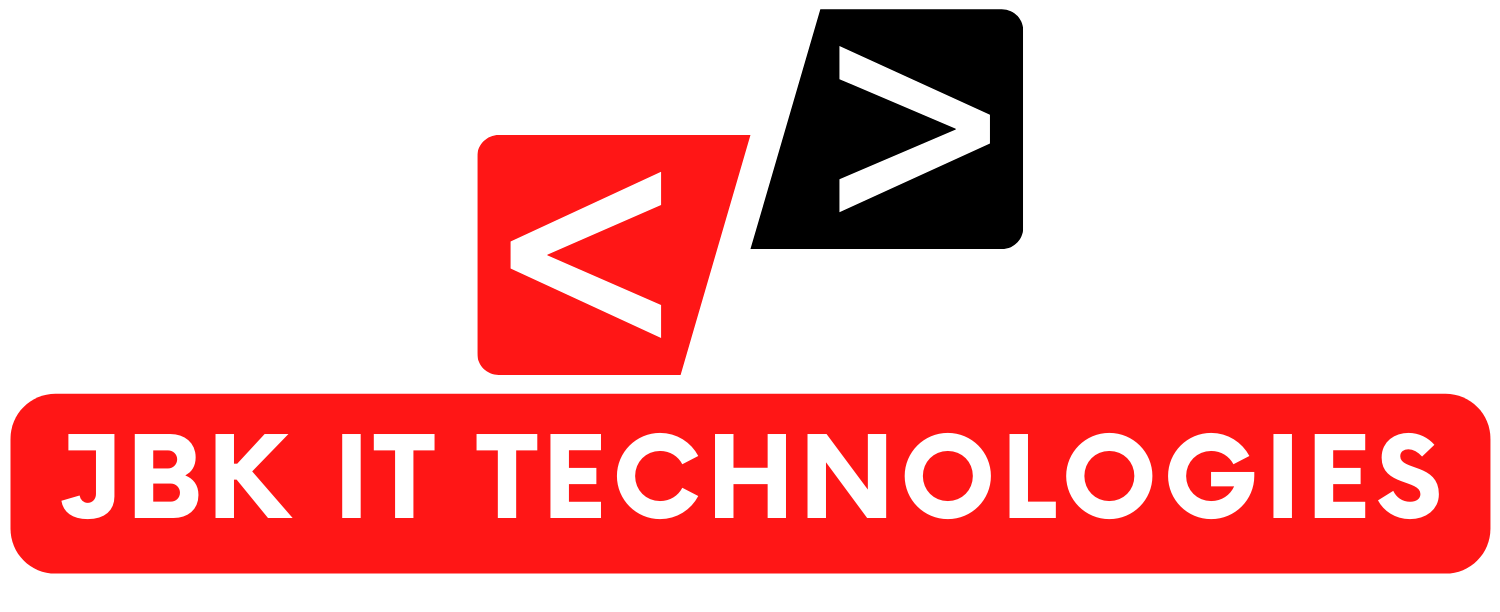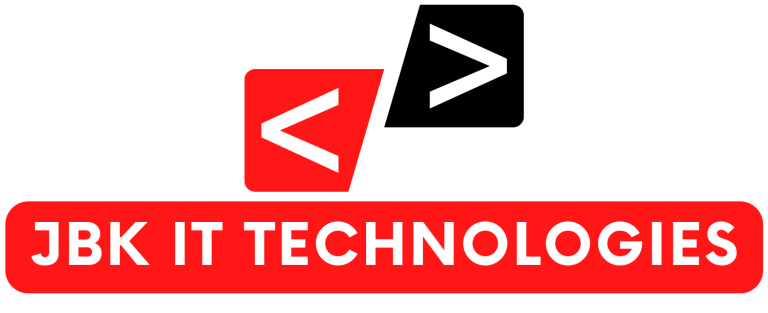Sure, here’s a list of the top 25 interview questions and answers for a Digital Marketing position:
1. Can you explain what digital marketing is?
Digital marketing refers to the use of various online channels and strategies to promote products, services, or brands to a target audience.
2. What is SEO, and how does it work?
SEO (Search Engine Optimization) involves optimizing a website’s content and structure to improve its visibility on search engines, thereby driving organic (unpaid) traffic. It includes on-page and off-page techniques.
3. Describe the concept of PPC advertising.
PPC (Pay-Per-Click) advertising is a model where advertisers pay a fee each time their ad is clicked. It’s commonly used on platforms like Google Ads and allows for immediate visibility in search results.
4. How would you approach keyword research?
Keyword research involves identifying relevant search terms that your target audience uses. Tools like Google Keyword Planner can help determine search volume and competition for keywords.
5. What are the key components of a successful social media strategy?
A successful social media strategy includes goal setting, audience identification, content planning, posting schedules, engagement tactics, and performance measurement.
6. How do you measure the effectiveness of a digital marketing campaign?
Effectiveness can be measured through key performance indicators (KPIs) like website traffic, conversion rate, click-through rate, engagement metrics, and return on investment (ROI).
7. Explain the concept of a sales funnel.
A sales funnel is a visual representation of the customer journey, from awareness to conversion. It includes stages like awareness, consideration, decision, and action.
8. What is A/B testing?
A/B testing involves comparing two versions of a webpage, email, ad, or other content to determine which one performs better. It helps optimize elements for higher conversion rates.
9. How can you optimize a website for better user experience (UX)?
UX optimization includes ensuring fast loading times, responsive design, intuitive navigation, clear calls-to-action, and engaging content to enhance user satisfaction.
10. What is content marketing, and why is it important?
Content marketing involves creating and distributing valuable and relevant content to attract and engage a target audience. It helps build brand authority and trust.
11. How does email marketing contribute to digital marketing strategies?
Email marketing involves sending targeted emails to a subscriber list. It’s used for nurturing leads, promoting products, sharing updates, and maintaining customer relationships.
12. Can you explain the concept of retargeting or remarketing?
Retargeting or remarketing involves displaying targeted ads to users who have previously interacted with your website or content but haven’t converted yet.
13. What is influencer marketing?
Influencer marketing involves collaborating with individuals who have a significant online following to promote products or services. It leverages their influence to reach a wider audience.
14. How can you enhance the SEO of a website’s content?
Enhancing SEO involves using relevant keywords naturally, optimizing meta tags, headers, and images, improving page load speed, and building high-quality backlinks.
15. What role does social media play in SEO?
While social media itself may not directly impact SEO rankings, it can contribute to increased brand visibility, content sharing, and link building, indirectly affecting SEO efforts.
16. How do you stay updated with the latest trends in digital marketing?
Staying updated involves following industry blogs, attending webinars, participating in online communities, and learning from influential figures in the field.
17. Explain the difference between organic and paid social media marketing.
Organic social media marketing involves publishing content to your social media channels without any advertising spend. Paid social media marketing involves promoting content through paid ads.
18. How can you optimize a landing page for better conversion rates?
Landing page optimization involves having a clear headline, compelling content, relevant visuals, a prominent call-to-action, and minimizing distractions to guide users toward conversion.
19. What are some key considerations for mobile marketing?
Mobile marketing involves ensuring that all digital content is mobile-responsive, optimizing for mobile search, leveraging mobile apps, and considering location-based targeting.
20. How can you handle negative comments or reviews on social media?
Handling negative feedback involves staying calm, addressing the issue promptly and professionally, taking the conversation offline if necessary, and using it as an opportunity to improve.
21. Describe the concept of viral marketing.
Viral marketing involves creating content that spreads rapidly and extensively across online platforms due to its shareability, often driven by emotion, humor, or novelty.
22. What is Google Analytics, and how can it benefit a digital marketing campaign?
Google Analytics is a web analytics tool that provides insights into website traffic, user behavior, conversion rates, and other metrics. It helps optimize campaigns based on data-driven decisions.
23. How does social media engagement contribute to brand awareness?
Social media engagement, such as likes, comments, and shares, increases the visibility of your content, extends your reach to a wider audience, and enhances brand recognition.
24. Can you explain the concept of SERP?
SERP (Search Engine Results Page) is the page displayed by search engines in response to a user’s query. It includes organic search results, paid ads, featured snippets, and other elements.
25. What are the main differences between B2B and B2C digital marketing strategies?
B2B (Business-to-Business) digital marketing often focuses on building professional relationships, providing industry insights, and showcasing expertise. B2C (Business-to-Consumer) marketing tends to be more emotionally driven, emphasizing product benefits and consumer needs.
Remember, while these answers provide a general overview, it’s important to tailor your responses based on your experiences and the specific job requirements during the interview. Good luck!

